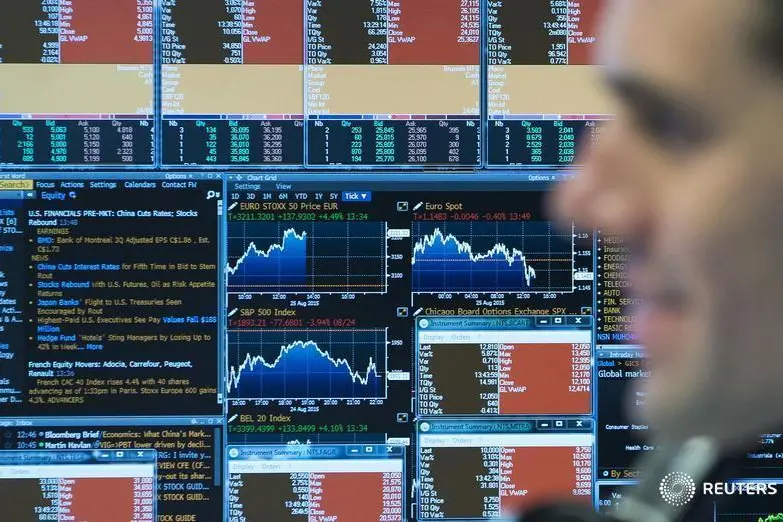PHOTO
The concept of economic warfare was unknown until 1971 when former French cabinet minister, Bernard Esambert defined the conflict between competing economies in the game of international exchanges as a warfare.
It was a revelation when Esambert said: "We are living in a state of world economic war and this is not just a military metaphor (.), the companies are training the armies and the unemployed are the casualties."
Today, economic warfare has become global and the participants are not the typical superpowers we saw in the eighties such as the United States and Russia. The new players are Japan, China, India, Brazil . the list goes on. The ultimate goal for every nation is to create jobs and incomes at home, sometimes to the detriment of those its neighbours. In such a warfare, weapons are not deadly in the literal sense, but they are harmful.
They come in various forms with the aim of conquering the markets, or they intimidate through sanctions. From the latest in technology, to competitiveness in production or innovation or saving rates, the end justifies the means.
August this year was indeed a hot one on Turkey, Russia and Iran. US sanctions against Turkey made the Turkish lira fall by 24 per cent in a day against the dollar, which led the Turkish President to denounce the "economic war".
The sanctions came as "a probable course of action if an American pastor, Andrew Bunson, was not freed from jail", as tweeted by the US President, Donald Trump. Turkey had held Brunson since 2016 and he was released last October.
The Russian Prime Minister, Dmitry Medvedev also used the term in a statement August when he said: "If things such as the ban on the activities of a particular bank or the use of a particular currency are followed, it will be necessary to name things clearly: it is a declaration of economic war"
Russia has been subject to increasingly stringent Western sanctions since the annexation of Crimea in 2014, contributing to the collapse of hydrocarbon prices to provoke two years of recession from which it emerged at the end of 2016.
On August 6, the US announced a series of measures against Iran, weakening an already flickering economy. In imposing this first salvo of sanctions on Iran, the United States exerts a new pressure on Tehran.
This economic warfare is now pushing countries such as China to take counter measures. When Washington went ahead with its trade war plans against China by increasing taxes by up to 25 per cent on $ 16 billion worth of Chinese goods, Beijing retaliated by imposing sanctions against US goods.
Chinese leaders are also urging banks to issue more loans, help strengthen the yuan and stabilise the stock market. The increase of injections into the economy thus becomes inevitable especially in this scenario. In fact, it was thanks to the swelling of the economy in 2008 that allowed China to overtake Japan in 2010-2011.
What is clear is that the US government is not fighting for the reduction of the trade deficit, but to prevent China from becoming a scientific and technological leader in the years to come.
The policies of economic hegemony developed by the superpowers during the colonial days were transformed by the influence of geopolitical, military and commercial superiority. But now the powerful countries have imposed a new model where they seek to impose dominance through the market.
This way of encircling the target results in economic confrontations. Such economic competition will take on greater dimensions if such wars are not controlled.
Christiane Waked is an analyst based in Beirut
Copyright © 2018 Khaleej Times. All Rights Reserved. Provided by SyndiGate Media Inc. (Syndigate.info).





















